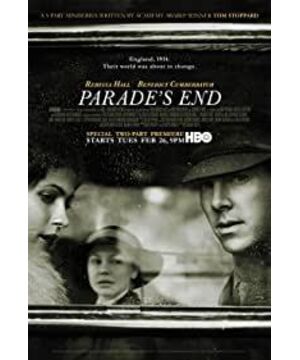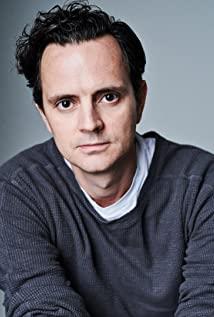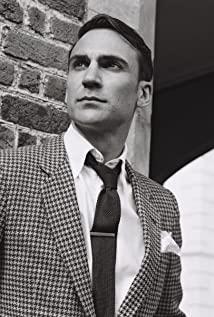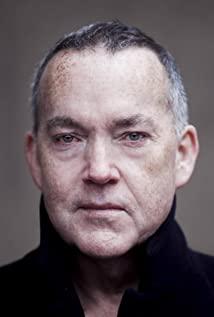——Tiggins' superior, the general who loved his talents, broke the rumor that his wife Sylvia had eloped, and asked him why he kept it secret for his wife. How can I do it? Don't you know that there is a thing called Parade." The
subtitle team translates this word as "honor" here, I didn't find such an explanation in the dictionary, but I think this translation is accurate. Tiggins - as his wife called "the last good man in the British Empire" - really lived for honor. His "honor" is the traditional morality of the British era of knighthood. It is not just about face, but the responsibility of having enough respect and sympathy for everyone's personality and situation, and allowing all parties involved to retain a decent responsibility; Misunderstood and defaced, one should also be responsible for the other party, and bear the bearing of one person. In the first episode, Tiggins himself said that he was a conservative, and he was more suitable to live in the eighteenth century, and he proved it with actions in the following episodes. He stabs his friends in the back, lends them money without paying them back, and doesn't explain the rumor of a "shared mistress" for a friend to comfort his panic-stricken mistress; It was determined whether the child Sylvia was carrying was his own, but when the other party proposed to marry him, he stood up to take on the responsibilities that did not necessarily belong to him; he was disappointed by his father's distrust of him, so he gave up the inheritance and inheritance of his ancestral property, and would rather live his life. poor life.
It is a pity that the era he lived in is no longer the era of knights. On the surface, they maintain the sanctity of monogamy and are keen to catch others' adultery, but in private they are all loving couples and mistresses. Edith is their representative - performing in front of others the saint in love with a mad husband, secretly having an affair with McMaster, and at the same time, she is still accusing Tiggins and Warren out of nothing Ting's personal love, regardless of the latter, both tried their best to protect her, even sacrificing their own reputation.
There's nothing more absurd than that of the clean-minded Tiggins, the upright and forbidding Tiggins who later became the most notorious man in the British Empire. This is not only caused by misunderstandings one after another, but also caused by people's malice and people's wretchedness - no one believes that he appeared in a carriage with Miss Valentine in the early morning as a pure farewell, No one believed he was holding Edith's hand just for sympathy, people were so dirty themselves they didn't believe there were clean people. Colleagues who were despised by him because of cheating, rivals who were jealous of him because they couldn't court him, friends who turned from shame to hatred because he maintained his dignity... They all became people who slandered him and arranged him. They hated his integrity, hated his nobility, hated him for his unwillingness to join forces, and only by spit on him can they feel at ease.
This play is about the end of life for people like Tiggins, the end of life for the kind of values he upholds. Parade's End, it should be "the end of honor", the end of chivalry, that's what this show is talking about.
View more about Parade's End reviews











